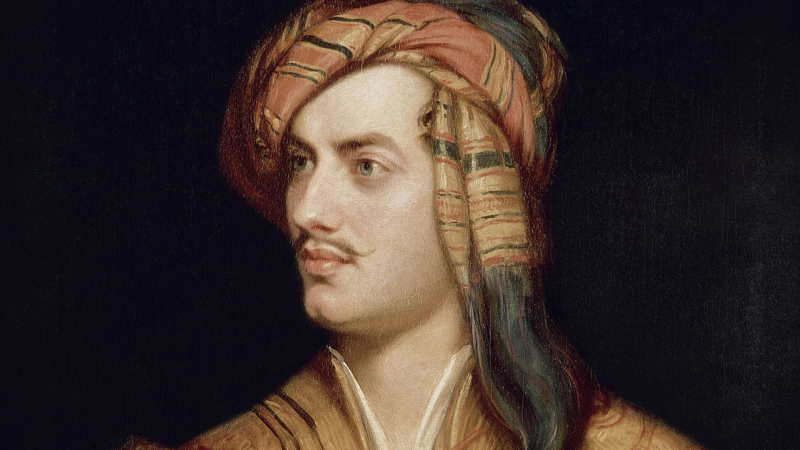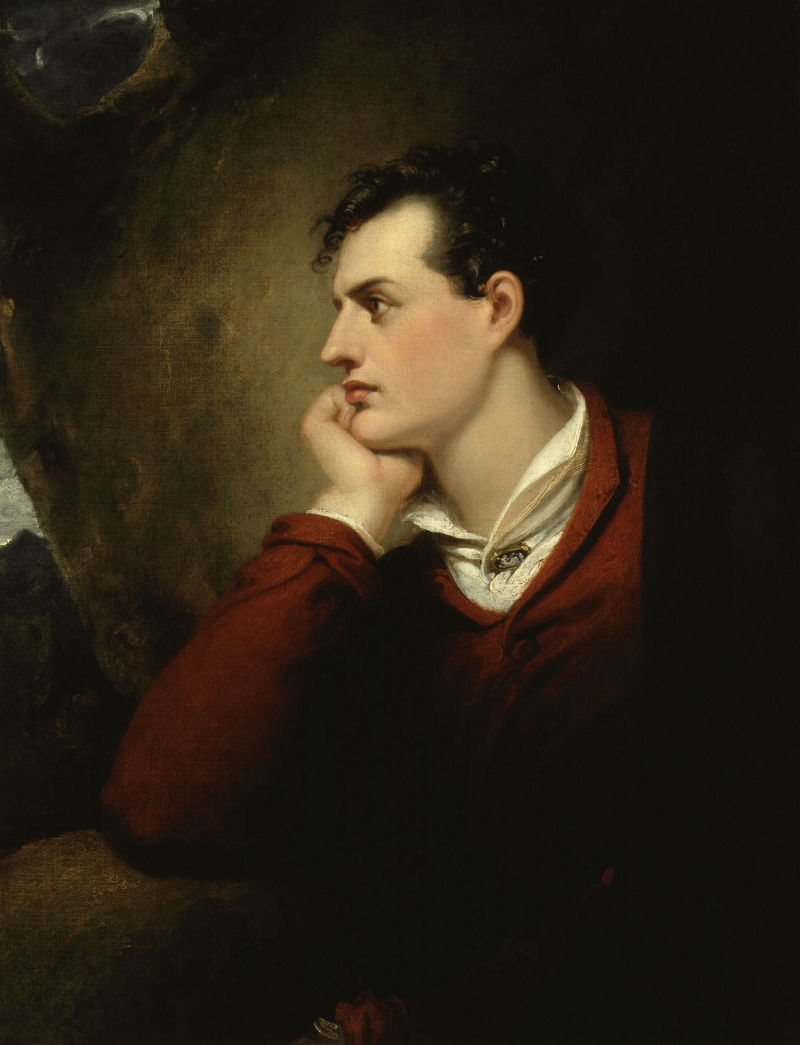Lord Byron, as his name suggests, is also a politician
It's possible that Lord Byron, 6th Baron Byron of Rochdale, is the most well-known Romantic poet of all time. His writing is still widely read today. He had the right to a seat in the Lords because he was a lord (taking the title after the death of his great uncle, the 5th Baron Byron, in 1798), and this article covers the time when he was active in the House. Although he was seated in the Lords in 1809, the majority of his activities there occurred between early 1812 and the summer of 1813.
His subsequent financial difficulties, great literary career, and personal issues caused him to spend little to no time at home, and, between 1816 and his death in 1824, he resided abroad. Before he was well-known for his poetry outside of a small London elite, he aggressively pursued a political career in 1812, giving his first speech on the Framework Knitters Bill. Since Byron wrote a lot of letters, it is possible to trace his ascending career in the upper House and to understand how a young peer may break into politics in the absence of a specific sponsor from his published correspondence as well as from other sources of current information.
While his numerous relationships with women served as the inspiration for the majority of his poems, his time as a politician also produced a number of pieces. Some political poems that Lord Byron penned, include "Song for the Luddites," "The Landlord's Interest," "Wellington: The Best of the Cutthroats," and "The Intellectual Eunuch Castlereagh."









